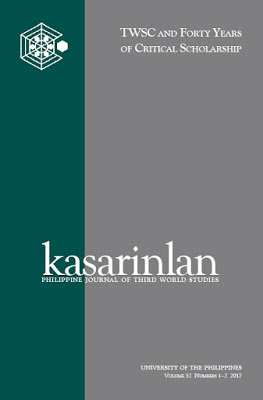The Orient Express and Late Development
Abstract
The demise of the Soviet Union, which was celebrated in the Anglosphere as the triumph of US supremacy, gave rise to different paradigmatic interpretations of the evolution of the world. The bulk of the evolving mainstream discourse was agendadriven and projected a continuation of the US hegemony of the global capitalist system. Two theses stood out in the context of the post-Cold War. The first was the optimistic assumption encapsulated in the notion of “the end of history,” which projected a world having arrived at the last station based on the victory of liberal democracy and continued US hegemony. The second was the counter-assumption of the thesis of The Clash of Civilizations, which rejected the harmony interpretation of international relations and considered the future contradictions and conflicts to be related to cultural, not to say civilizational, antagonisms. The evolution of the world order in the past few decades demands a theoretical shift explaining the transformation, which takes into consideration the geostrategic and geopolitical ascendency of Eurasia and the Eastern Asia-Pacific hemisphere as well as the relative decline of the hegemony of the Anglosphere. Understanding the process at work makes it imperative to include the historical perspective. In this context, the growth of China and India as powerhouses in the world political economy cannot be exclusively defined as exemplars of catching up or late development but by the notion of “return of history.” After a long period of self-centered development, they are gradually reinserting themselves in the world system and reemerging into their former dominant status prior to the eighteenth century and the Western imperialist intrusion in the East. The aim of this paper is to explore and explain the economic and political consequences this ongoing transformation will have for the future of geopolitical and geo-economic domination of the West.



